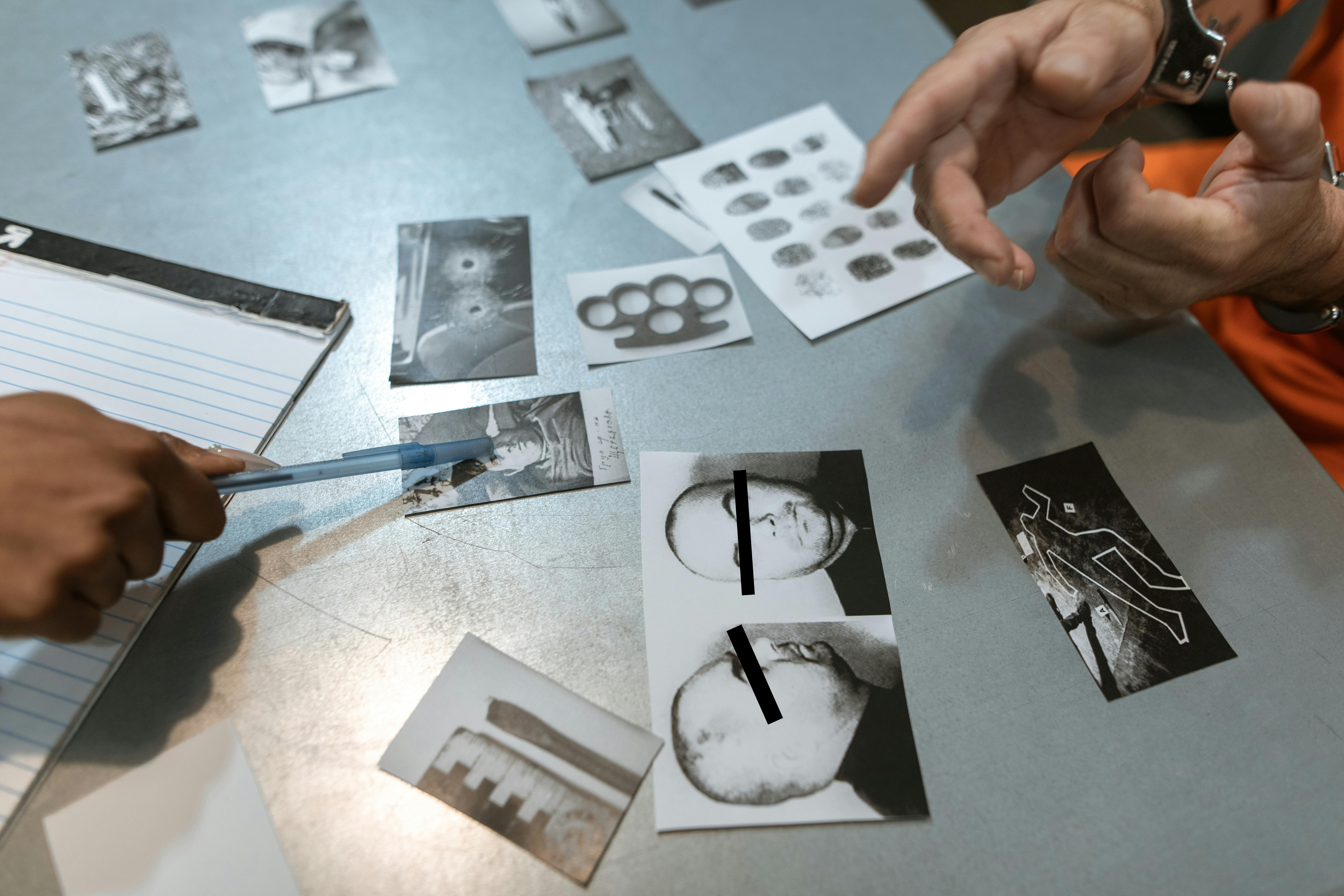Can you start selling your invention before patenting it?
Chemical, pharmaceutical, and biotech companies spend vast sums of money getting their employees to burn midnight oil and come up with great inventions, whether it’s a novel drug to treat heart disease or a process to make large quantities of a chemical used in the manufacture of a plastic. They know that patents are powerful when it comes to resisting competition. They also know that a patent grants an exclusive right for up to twenty years. So, once they get their patent, they should be smiling all the way to the bank… right?
The answer is not always “yes.” The competition will try to unravel the patent and find many ways to discredit it. If companies find out, five or ten years later, that their patent is invalid, then all that investment and related work goes down the drain.
One way a challenger could break the patent is to claim that you sold the patented invention before applying for a patent. The United States Patent and Trademark Office, like many other patent offices around the world, has strict rules and regulations for filing patents. One of those rules says that you must file your patent within one year of selling your product or offering to sell it. If you want to sell your product abroad, you will need a patent in one or more European countries or in Japan, for example. The European Patent Office has stricter rules than the United States Patent and Trademark Office. In Europe, you must first file your patent; the sale comes later.
Although inventing companies deliberately wait no more than a year to apply for a patent, the question often arises as to when they actually started selling. This is because in modern business life, multiple parties often work together to create a new product. For example, one company may agree to provide funding to carry out the research, while another company may agree to do the lab work. There could be several exchanges between the two companies, often over a period of 3, 4, or 5 years or more. Without the knowledge of the parties, such exchanges could have triggered the legal sale date or the offer date.
Take the DNA patent case where the company obtained a DNA patent to detect gonorrhoeae. The company that developed the DNA sent a sample to its settlement partner and was paid for it. However, he waited 13 months to file the patent. The superior court of patents of the capital of our country ruled that the patent is invalid for having waited too long. The laws relating to patents are very complex and therefore it would be prudent to seek a competent attorney when filing a patent or if you are considering buying a patent holding company or licensing a patent.


